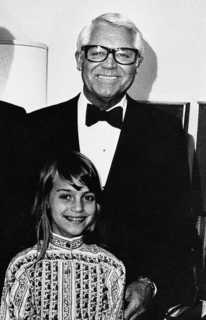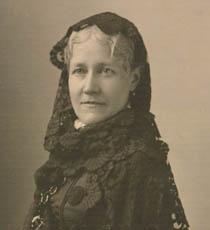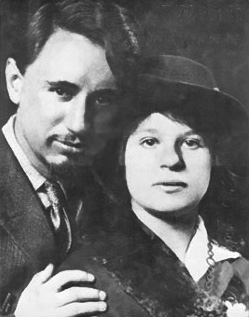A Quote by John Kessel
Since my first encounter with Kafka's writing, I've been interested in a quality that, while he was alive, stood in the way of his achieving a large reputation: his allegory.
Related Quotes
Kafka is one of my very favorite writers. Kafka's fictional world is already so complete that trying to follow in his steps is not just pointless, but quite risky, too. What I see myself doing, rather, is writing novels where, in my own way, I dismantle the fictional world of Kafka that itself dismantled the existing novelistic system.
This brings me back to the image of Kafka standing before a fish in the Berlin aquarium, a fish on which his gaze fell in a newly found peace after he decided not to eat animals. Kafka recognized that fish as a member of his invisible family- not as his equal, of course, but as another being that was his concern.
No man, however enslaved to his appetites, or hurried by his passions, can, while he preserves his intellects unimpaired, please himself with promoting the corruption of others. He whose merit has enlarged his influence would surely wish to exert it for the benefit of mankind. Yet such will be the effect of his reputation, while he suffers himself to indulge in any favourite fault, that they who have no hope to reach his excellence will catch at his failings, and his virtues will be cited to justify the copiers of his vices.
Since the foundation of the world man has had nearly all the forces on his side, working with him and for him; his intellect has been stimulated, while that of woman has been abased; he has had the run of the world and all quickening and brightening things, while she has sat in the cinders, and until of late been illumined only by his reflected light.
How could the human mind progress, while tormented with frightful phantoms, and guided by men, interested in perpetuating its ignorance and fears? Man has been forced to vegetate in his primitive stupidity: he has been taught stories about invisible powers upon whom his happiness was supposed to depend. Occupied solely by his fears, and by unintelligible reveries, he has always been at the mercy of priests, who have reserved to themselves the right of thinking for him, and of directing his actions.
His dark hair is perfectly recklessly up today, those tanned muscles flexing as he extends out his arms and does his little turn. And here I am, my breath caught between my lungs and my lips as he turns around and scans the crowd. As soon as he spots me, his eyes come alive, as alive as I feel when he smiles at me. He holds my gaze while those dimples flash, and I swear he stares at me in a way that makes me feel that I am the only woman here.
Now, if the book of Genesis is an allegory, then sin is an allegory, the Fall is an allegory and the need for a Savior is an allegory - but if we are all descendants of an allegory, where does that leave us? It destroys the foundation of all Christian doctrine-it destroys the foundation of the gospel.



































